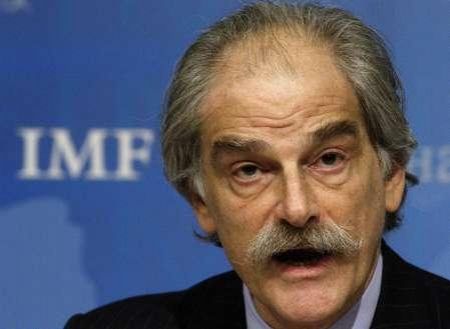Deutsche Bank AG (DBK), Germany’s biggest lender, and UniCredit SpA (UCG) are among European banks that may have to raise additional capital after regulators dismissed lenders’ threats that stiffer rules may stunt economic growth.
Regulators meeting in Basel this weekend agreed to make as many as 30 of the world’s largest, or systemically important, banks hold as much as 2.5 percentage points more capital than the 7 percent core Tier 1 capital required. They also blocked European banks’ requests to use hybrid capital, such as contingent convertible bonds, to meet the target. The biggest banks will use mostly retained earnings and ordinary shares.
Lenders had lobbied against the extra capital requirements, saying they risked stunting the global economic recovery and some had sought to avoid being categorized as systemically important. The decision marks a loss for European banks that are grappling with the region’s debt crisis and had sought to use hybrid capital to meet regulators’ extra requirements.
“It’s likely to be the catalyst for the last wave of capital raisings, with UniCredit, Deutsche Bank and the top three French banks needing to boost capital,” said Christopher Wheeler, a banking analyst at Mediobanca SpA in London. “The winners are the U.S. banks.”
Combined Shortfall
Deutsche Bank spokesman Ronald Weichert declined to comment beyond remarks by Chief Risk Officer Hugo Banziger on June 10, when he said the bank was “confident” of meeting the Basel III capital requirements. UniCredit spokesman Andrea Morawski referred to Chief Executive Officer Federico Ghizzoni’s comments on June 17, when he said the lender could handle a 2 percent surcharge through retained earnings alone. Spokeswomen for France’s biggest banks -- BNP Paribas (BNP) SA, Credit Agricole and Societe Generale -- all declined to comment.
The banks, together with Banco Santander SA (SAN) and Credit Suisse Group AG, will have a combined 62 billion-euro ($88 billion) capital shortfall, according to Mediobanca. Spokesmen for Credit Suisse and Santander declined to comment.
To read further, please go to:


